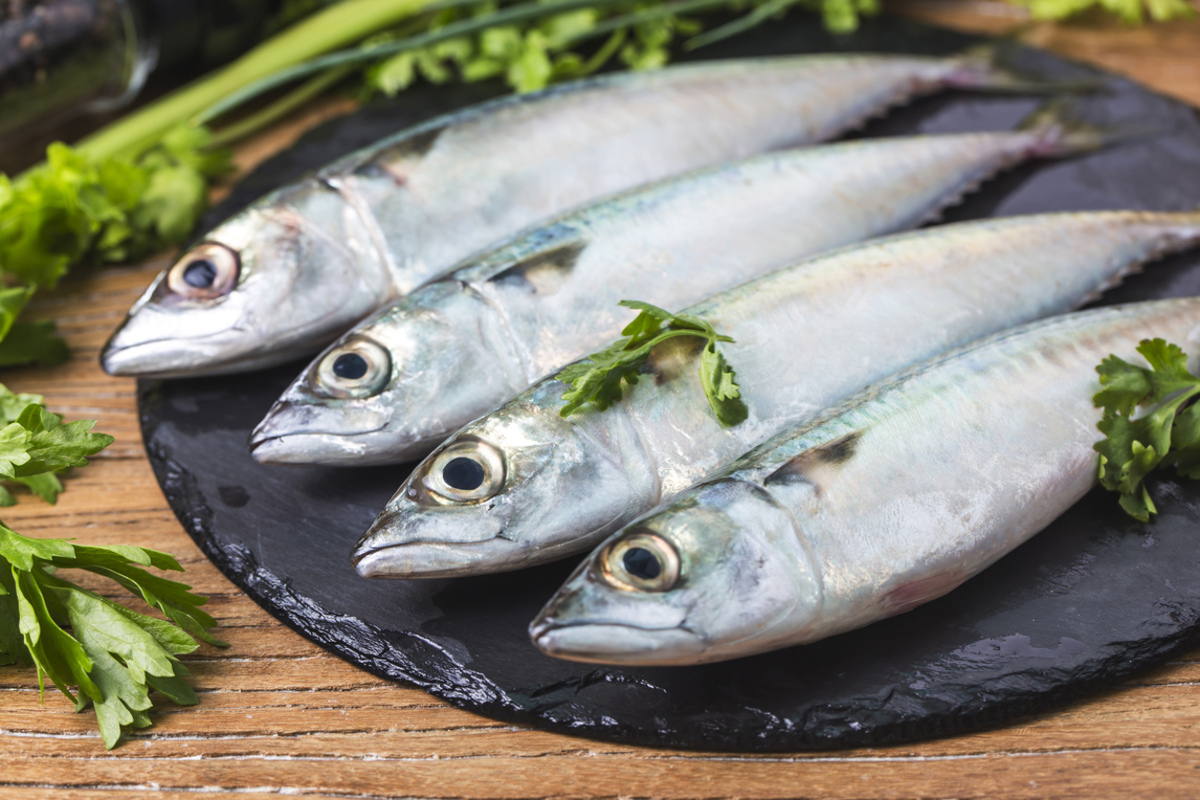Diet is an important component of keeping your heart healthy. In Western countries in particular, the calorie and fat intake of an average person is very high. This, combined with the increasing prevalence of sedentary lifestyles, has contributed to the ongoing epidemic of heart disease. In fact, lack of exercise and diet are largely to blame for the alarming rate of of heart-disease related deaths all over the world.

So, what can I do to improve my diet for heart health?
The first you can do to protect your health is to focus on your diet and make important changes. Why? Because coronary heart disease, which can lead to heart attacks, is caused by atherosclerosis (a hardening and narrowing of arteries). Long-term fat intake causes plaque build-up in the blood vessels that supply oxygen to the muscles of the heart (coronary arteries). As time goes on, these coronary arteries become narrower, leading to a blockage that causes angina (chest pain) and even heart attack.
How much omega-3 fatty acids do I normally consume?
For an average American, 20 percent of their daily calories from fat will come from omega-3 and omega-6 fatty acids (mostly, omega-6 fatty acids).
What foods have omega-3 fatty acids?
There are several types of omega-3 fatty acids, but the ones that researchers recommend consuming are known as eicosapentaenoic acid (EPA) and docosahexaenoic acid (DHA), as they are associated with reduced rates of coronary heart disease. So where do you find these types of omega 3s? These are often found in fatty fish, including:
- Mackerel
- Lake trout
- Herring
- Sardines
- Albacore tuna
- Salmon
Additionally, you can find EPA and DHA in alpha-linolenic acid, which the body can convert into omega-3s. However, its benefits are not yet clear. Alpha-linolenic acid is found in sources, such as:
- Fish oil supplements
- Soy or canola oil
- Flaxseeds
- Walnuts
- Other nuts
How exactly do omega-3 fatty acids lower my risk of coronary heart disease?
Researchers believe that omega-3 fatty acids help lower your risk of heart disease by:
- Reducing your risk of having an abnormal heart rhythm (which may cause sudden cardiac death)
- Reducing your triglyceride (unhealthy fat) levels
- Reducing plaques in your blood vessels
- Reducing your blood pressure
- Preventing inflammation of blood vessels and clot formation
How much omega-3 fatty acids do you need in a day?
If you don’t have heart disease, guidelines recommend that you have some type of fatty fish at least two times a week as well as that you include alpha-linolenic acid-rich foods in your diet. Fish is the best way to get your omega-3 fatty acids as it also contains other substances such as arginine, glutamine, and selenium which all benefit your heart and blood vessels.
Omega-3 fatty acids: Are there any risks?
Specific fish to avoid include:
- Shark
- Swordfish
- King mackerel
- Tilefish (golden bass or golden snapper)
Fish that are low in mercury and are safer for consumption include:
- Shrimp
- Light tuna
- Salmon
- Pollock
- Catfish
Some freshwater fish contain compounds known as polychlorinated biphenyls (PCBs), which can cause cancer, depress the immune system and cause issues with the central nervous system. Fish that can contain PCBs include:
- Lake trout
- Smelt
- Freshwater bluefish
- Salmon
Can I take fish oil supplements?
Make sure to discuss fish oil supplements with your doctor to make sure they are is right for you and your health. In some cases, prescription fish oil supplement can cause you have an upset stomach so you can try taking it with food or split up the doses.
What else can I do to reduce my risk of heart disease?
In addition to consuming omega-3 fatty acids as part of your diet, you also need to eat a diet that is high in vitamins, minerals and fiber. Stay at a healthy weight or lose weight if you are overweight and do moderate to intense physical activity most days of the week. Also, try to limit your intake of sugar and alcohol.
- Hu, F. B., Bronner, L., Willett, W. C., Stampfer, M. J., Rexrode, K. M., Albert, C. M., ... & Manson, J. E. (2002). Fish and omega-3 fatty acid intake and risk of coronary heart disease in women. Jama, 287(14), 1815-1821.
- Kris-Etherton, P. M., Harris, W. S., & Appel, L. J. (2003). Omega-3 fatty acids and cardiovascular disease. Arterioscler Thromb Vasc Biol, 23(2), 151-152.
- Simopoulos, A. P. (1991). Omega-3 fatty acids in health and disease and in growth and development. The American journal of clinical nutrition, 54(3), 438-463.
- Photo courtesy of SteadyHealth


Your thoughts on this